|
Rare are the plants in our landscape that bloom in fall and winter, and perhaps that’s why camellias are such a treasured plant in the south. They really have no rival when it comes to the floral display that they put on during the coldest part of the year.
Camellias are susceptible to a few pest problems. The most frequent of these is camellia tea scale- small, powdery white insects that congregate on the underside of leaves and cause yellow spotting on the top of the leaf. This tends to be a greater problem for japonicas and can be controlled with spring applications of horticultural oil and by being careful not to over fertilize plants. Another common problem is the fungus exobasidium, which causes new leaves in the spring to become thick, rubbery, and discolored in a whitish or pinkish hue. This problem is typically worse on sasanquas and requires removal of infected leaves by pruning. Finally, because camellias like acidic soil but are frequently planted near home foundations, where soil tends to be more alkaline, general poor growth and discoloration can often result. To combat this problem, make sure not to use any lime near camellia plants, and have your soil tested to make sure it is in the proper pH range. If the pH is too high, using fertilizers that contain sulfur will bring the pH down to an acceptable level.
On January 27, the Pitt County Extension Master Gardener volunteers will be hosting their annual speaker’s event, featuring retired Virginia Zoo Landscape Coordinator Marie Mims Butler. The speaker’s event is always a popular event for gardening enthusiasts and tickets are now on sale at the Cooperative Extension office and at Wild Birds Unlimited in Greenville. Tickets make great stocking stuffers for your favorite gardener! Photos from NC Extension Gardner Plant Toolbox Matthew Stevens is the horticulture extension agent for North Carolina Cooperative Extension’s Pitt County Center. If you have any questions about this article or other aspects of your home gardening, please contact the Pitt County Master Gardener Infoline at 252-902-1705.
0 Comments
Leave a Reply. |
Matt Stevens
Pitt County Extension Director & Horticulture Agent Archives
July 2024
Categories |
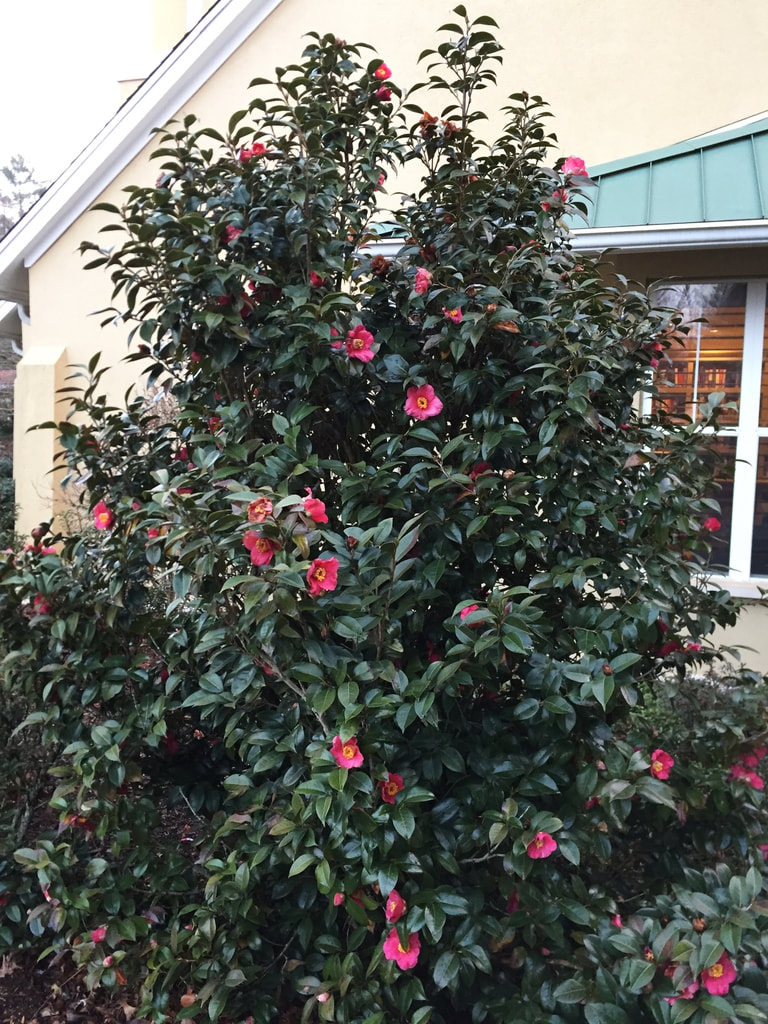
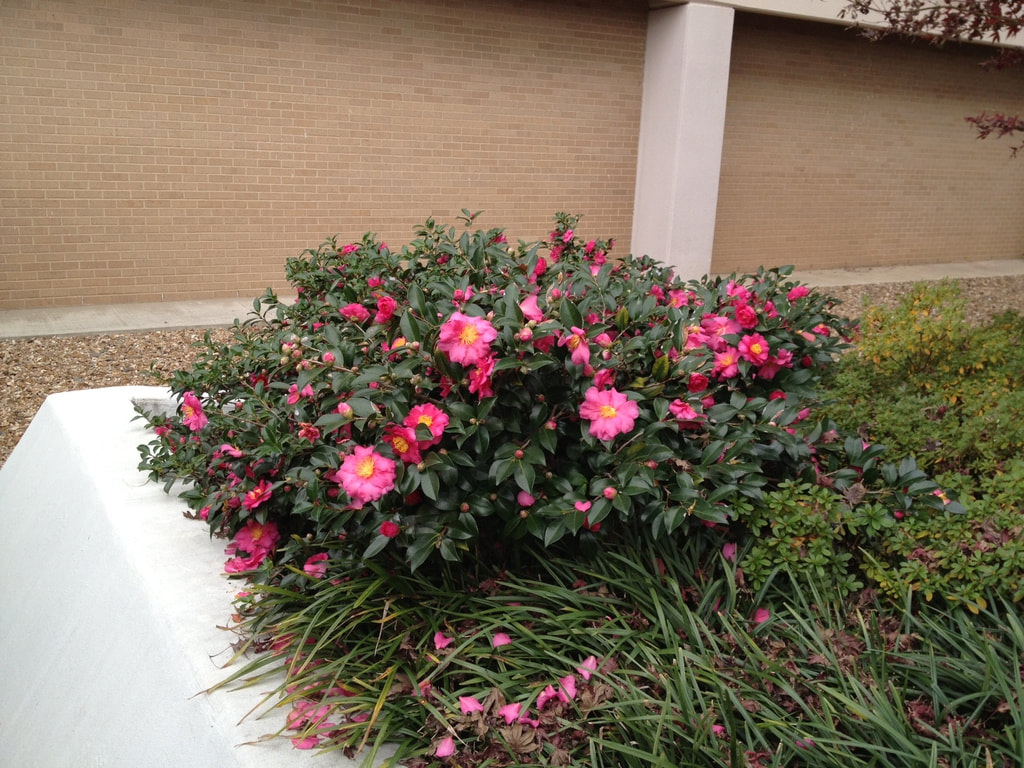
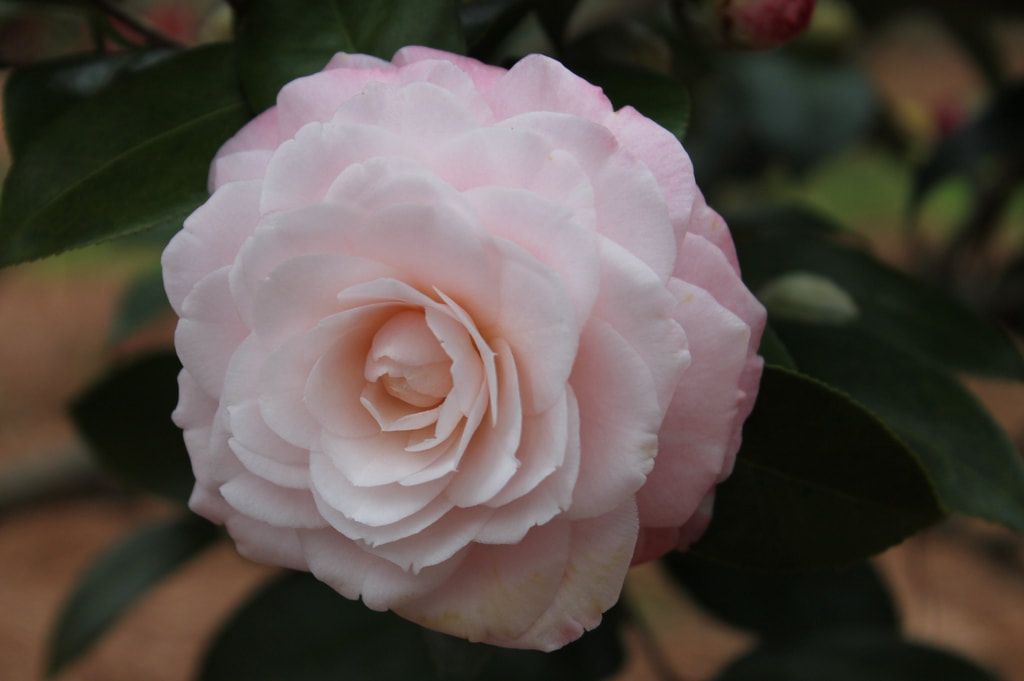
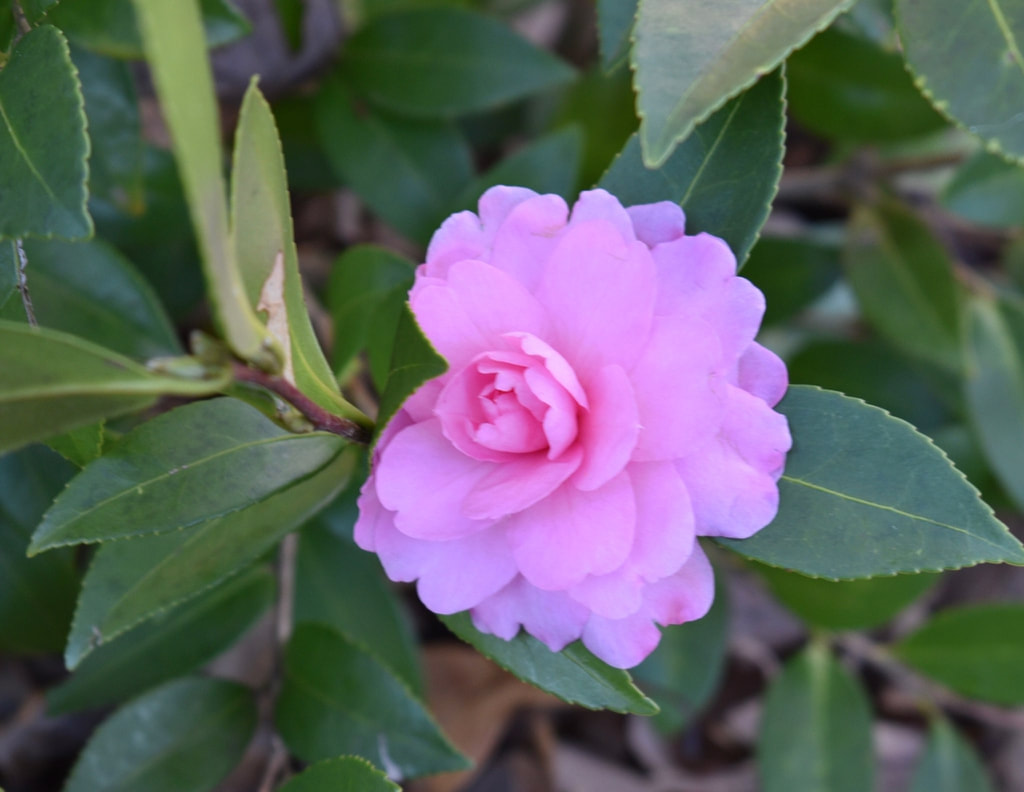
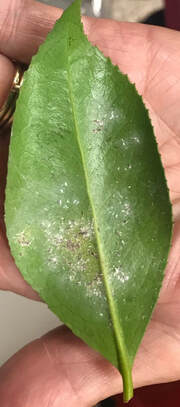
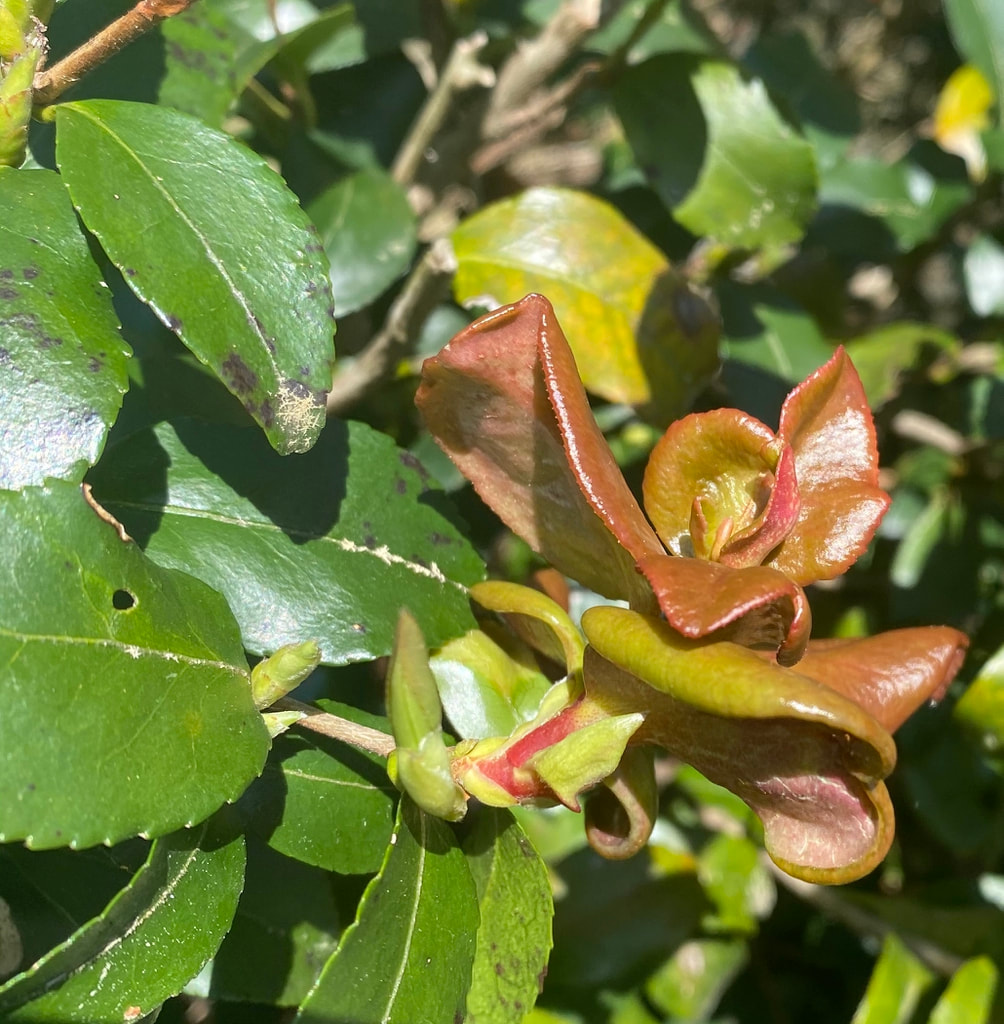
 RSS Feed
RSS Feed